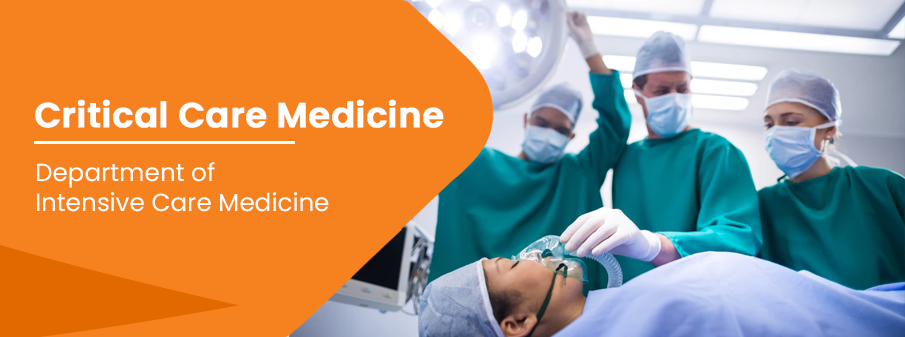- Home
- About Us
- SpecialitiesOur DepartmentsWe are known to play a key role in improving the health of citizens of Andhra & Telangana, by providing access to eminent medical services across a wide range of therapeutic specialties.
- Health Packages
- Our Doctors
- Blog
- Contact Us




